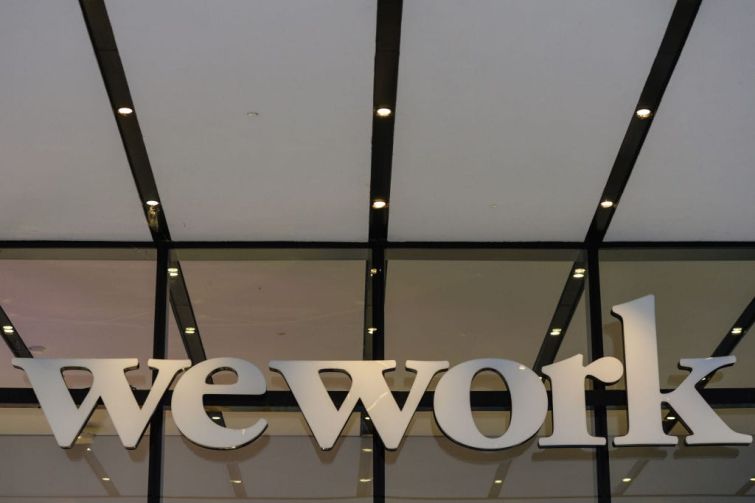WeWork Cutting 300 Employees as Possible Default Looms
By Nicholas Rizzi January 19, 2023 12:44 pm
reprints
WeWork plans to cut 300 employees globally as the coworking giant deals with dwindling cash reserves and the possibility of loan defaults.
The company did not provide details about the cuts, saying only that it was part of its “portfolio optimization” and continuing efforts “to streamline operations,” and that job cuts would mostly be among U.S. staff. In November, WeWork announced it would close 40 underperforming locations in the country and shrink its Dock 72 hub in Brooklyn.
WeWork faced a tumultuous journey to go public in October 2021, after a botched initial public offering in 2019 almost drove it into bankruptcy. Its first full year on the market hasn’t been smooth sailing.
While it has increased its quarterly revenues and shrunk its losses, the company is still saddled with more than $3 billion in debt and had a negative cash flow of $4.3 billion between July and September 2022, the Wall Street Journal reported.
WeWork nearly blew through all of its rescue package from SoftBank and in December expected to have $300 million in cash at the end of 2022, less than one-third of what it had at the end of 2021, WSJ reported.
Its cash problems, coupled with “deteriorating macro conditions in 2023,” led Fitch to downgrade WeWork’s rating to one of its lowest ranks, “CCC,” in December, meaning WeWork has “substantial credit risk” and a “very low margin for safety. Default is a real possibility,” according to Fitch.
“Without additional restructuring, Fitch is modeling continued negative EBITDA [earnings before interest, taxes, depreciation and amortization] for the next 12 to 18 months,” the credit ratings agency wrote.
WeWork’s stock fell nearly 4 percent on Thursday morning after the announced job cuts, and its stock has sunk almost 84 percent compared to the same time last year.
Despite all that, WeWork does have some positives. Both Fitch and WeWork said the company has enough cash to make it through 2023, even if its occupancy severely drops, and the company said Thursday that its gains in revenue and EBITDA in the fourth quarter surpassed expectations.
“We’re not waking up today, like most other companies, talking about streamlining because they see the current headwinds,” WeWork CEO Sandeep Mathrani told the WSJ last month. “We’ve been streamlining the company since March of 2020.”
Plus, Mathrani thinks “flexible office space has tailwinds” since recession worries might stop some companies from signing long-term leases and the popularity of remote work could help attract new WeWork members, he told the WSJ.
Nicholas Rizzi can be reached at nrizzi@commercialobserver.com.


